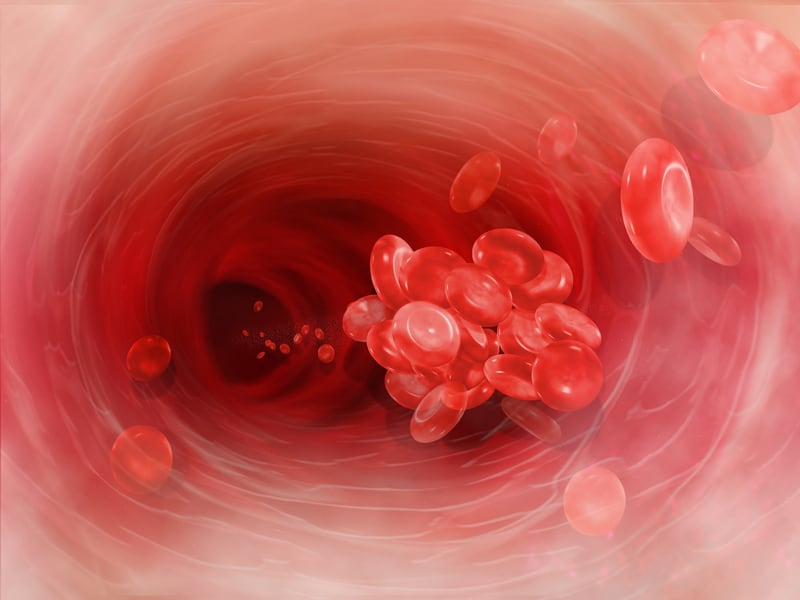Writing in the Clinical Journal of the American Society of Nephrology the key finding identified a ‘U-shaped’ relationship between high-density lipoprotein (HDL-C) cholesterol and mortality rates.
The researchers from Washington University School of Medicine also found that this relationship was affected by cardiovascular disease and estimated glomerular filtration rate (eGFR) - a measure of kidney function and efficiency.
The findings further fuel the argument as to whether raised levels of the “good” HDL-C cholesterol are beneficial.
In equal measure, low levels of HDL-C cholesterol have been linked to an elevated risk of early death, especially in individuals in kidney disease.
Margarine plant sterols

Much of the food industry’s focus has been on raising HDL-C cholesterol levels and lowering “bad” LDL-C cholesterol levels.
One of the ways LDL-C cholesterol levels may be lowered is by consuming plant sterols and stanols (phytosterols), which are found naturally in plants and are structurally similar to cholesterol.
Margarines in particular have incorporated these plant compounds as a key ingredient. In the UK, Flora margarine spread was the subject of a new marketing campaign that highlighted its plant-based health credentials. Flora’s makers Unilever, also launched a dairy-free version.
The study began by identifying 1,764,986 men with at least one eGFR value recorded between October of 2003 and September of 2004.
These men were monitored for their kidney function and HDL-C cholesterol levels until September of 2013 or death, a duration of approximately nine years.
Data analysis revealed that compared with low levels of HDL-C (less than 25 mg/dl), intermediate HDL-C levels (HDL-C between 25 and 50 mg/dl) were linked to a reduced risk of all-cause mortality.
Risk of death in patients with high HDL-C (more than 50 mg/dl) was comparable with that of patients with low HDL-C (lower than 25 mg/dl).
In other words, the risk of death was highest in those with very low and very high HDL-C levels.
"The findings may explain why clinical trials aimed at increasing HDL cholesterol levels failed to show improved outcomes," said Dr Ziyad Al-Aly, an assistant professor of medicine at Washington University and the study's senior author.
Conflicting studies

These findings regarding HDL-C cholesterol and premature death were not found in other large epidemiologic studies, he added.
Al-Aly was referring to one study that evaluated the relationship of HDL-C and mortality in 3307 patients and confirmed a lack of association between higher HDL-C and lower mortality in patients with chronic kidney disease.
Another study found that reduced kidney function was linked with lower concentrations of large LDL-C particles, and lower concentrations of HDL-C.
The study commented that HDL-C may have a biphasic effect (at low and high concentrations). High concentrations could well impair specific cell and blood vessel formation, suggesting loss of a protective effect.
“The findings from these studies support the notion that there may be a range of HDL-C values where HDL-C may have a helpful effect, beyond which higher HDL-C may not be beneficial and may be associated with untoward outcomes.”
Source: Clinical Journal of the American Society of Nephrology
Published online ahead of print, doi: 10.2215/CJN.00730116
“High density lipoprotein cholesterol and the risk of all-cause mortality among U.S. veterans.”
Authors: M, Al-Aly Z et al.
